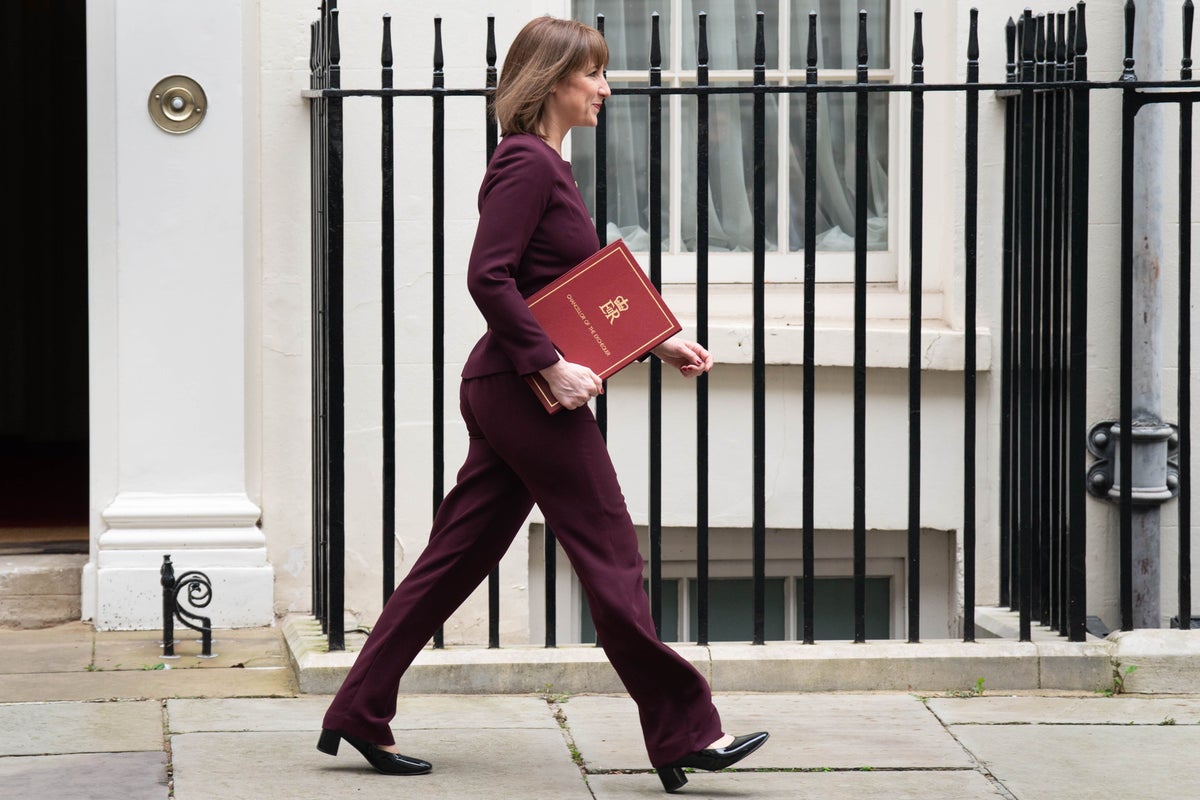For premium support please call:
For premium support please call:
Electric vehicle drivers could soon face a new tax on every mile they drive, under plans reportedly being finalised for the Chancellor’s upcoming Budget later this month.
According to a report by The Telegraph, Rachel Reeves is preparing to introduce a pay-per-mile charge for electric and hybrid car owners, starting at around 3p per mile, in a move designed to offset falling fuel duty revenues as the UK transitions away from petrol and diesel.
The proposal, due to be announced on 26 November, would take effect in 2028 following a consultation period. Based on the government’s current estimated average mileage for an EV driver of 8,900 miles a year, it is expected to cost electric car owners around £279 a year.
Ministers are said to be framing the charge as a matter of fairness, with petrol and diesel drivers currently paying an average of £600 a year in fuel duty. Treasury officials argue that while electric vehicles avoid fuel taxes entirely, they still contribute to road wear and use public infrastructure in the same way.
The scheme would reportedly be built into the annual process for paying Vehicle Excise Duty (VED), which already applies to all drivers – including EV owners since April 2025. Described internally as “VED+”, the new element would see drivers estimate their mileage for the year ahead, paying the 3p-per-mile charge in advance.
If they drive fewer miles, the balance would carry over to the following year; if they exceed their estimate, they would be expected to top up the payment. Hybrid drivers would pay a lower rate, reflecting their partial use of petrol.
The Treasury is expected to stress that this would not be a “spy-in-the-sky” or mass monitoring scheme. Instead, the annual estimate-and-adjust model avoids the need for real-time electronic tracking of individual vehicles.
However, the move could pave the way for broader pay-per-mile taxation in future, raising questions about how mileage would eventually be verified – potentially through odometer readings or photographic evidence. The Driver and Vehicle Licensing Agency (DVLA) would oversee collection, using the same central database that already records whether motorists have paid their VED.
A Treasury spokesperson declined to comment on Budget speculation, but the department has previously acknowledged that the shift to electric motoring poses a significant long-term challenge for the public purse.
As more drivers switch to electric cars, the Government faces a growing shortfall in tax receipts. Fuel duty currently raises around £25bn a year, but Treasury projections suggest that as much as £12bn could be lost annually by 2040 due to declining petrol and diesel sales.
Official figures from the Society of Motor Manufacturers and Traders (SMMT) show how quickly the landscape is changing. Battery-electric vehicle registrations are up almost 29 per cent this year to 386,244 units, while plug-in hybrids have risen by 37 per cent. Petrol and diesel registrations, meanwhile, are both in double-digit decline.
By 2028, up to six million electric cars are expected to be on UK roads – meaning the proposed levy could raise around £1.8bn by 2031, according to early Treasury estimates.
The plan has already sparked criticism from opposition benches. Shadow ministers have accused the Government of targeting commuters and small businesses at a time when household budgets remain under strain.
One senior Conservative said: “If you own it, Labour will tax it. It would be wrong for Rachel Reeves to target car owners in this way just to fill a black hole in the public finances.”
The Chancellor has previously warned that “all will have to contribute” to repair Britain’s finances, hinting at a Budget focused on revenue-raising measures.
Successive governments have encouraged the switch to electric cars through incentives and the promise of lower running costs, all to help meet the UK’s net-zero targets. But that same success has created a fiscal dilemma – and the latest proposals show just how complex that balance has become.
Officials insist the pay-per-mile plan will not deter drivers from going electric and that it will sit alongside a broader package of measures designed to keep EV adoption on track.
Industry analysts, however, say much will depend on how the system is implemented – and whether drivers view it as a fair replacement for fuel duty or an unwelcome extra cost at a time when many are only just warming to the idea of going electric.
Tanya Sinclair, CEO of EV lobby group Electric Vehicles UK, said, “Pay-per-mile road pricing has resurfaced many times, and with reason. Today’s vehicle parc looks nothing like it did when emissions-based VED was introduced. There’s no doubt the system needs fundamental reform.
“The real question is how. Government must take the time to consult properly, design carefully and communicate transparently, a process that will take years, not months.
“In the meantime, it should stop fuelling speculation. Rumours about pay-per-mile only unsettle drivers and risk slowing the very market we need to grow.”
Advertisement
Advertisement
Advertisement
Advertisement
Advertisement
Advertisement
Advertisement
Advertisement
Advertisement
Advertisement











